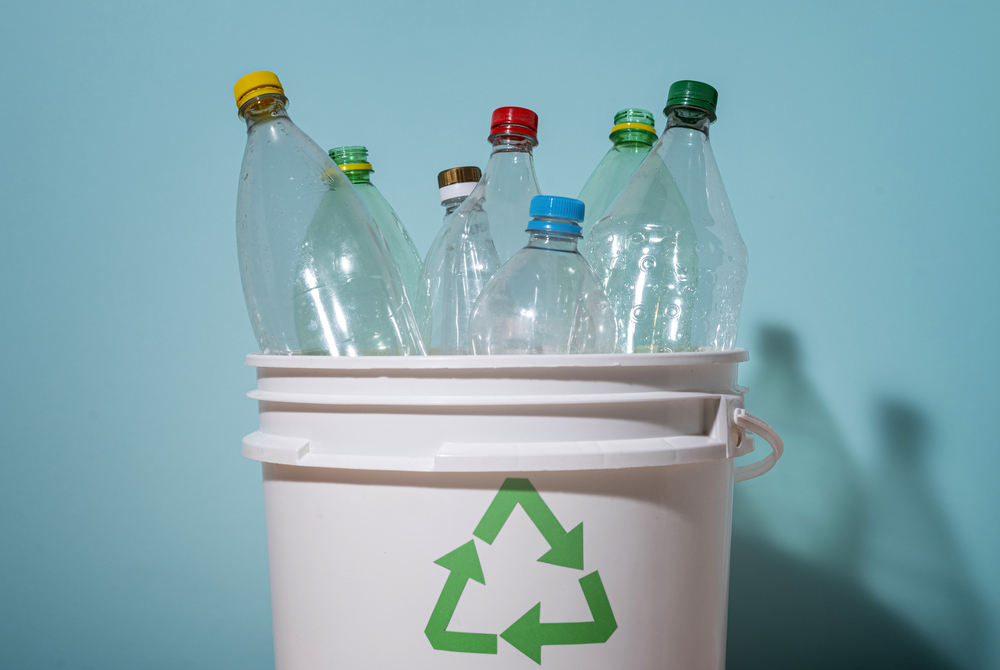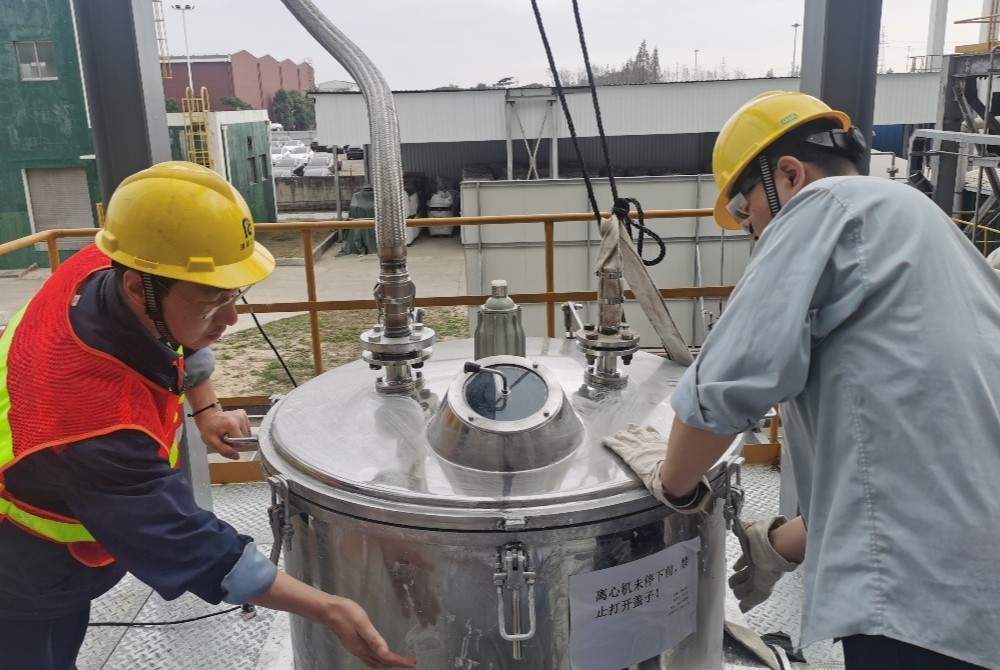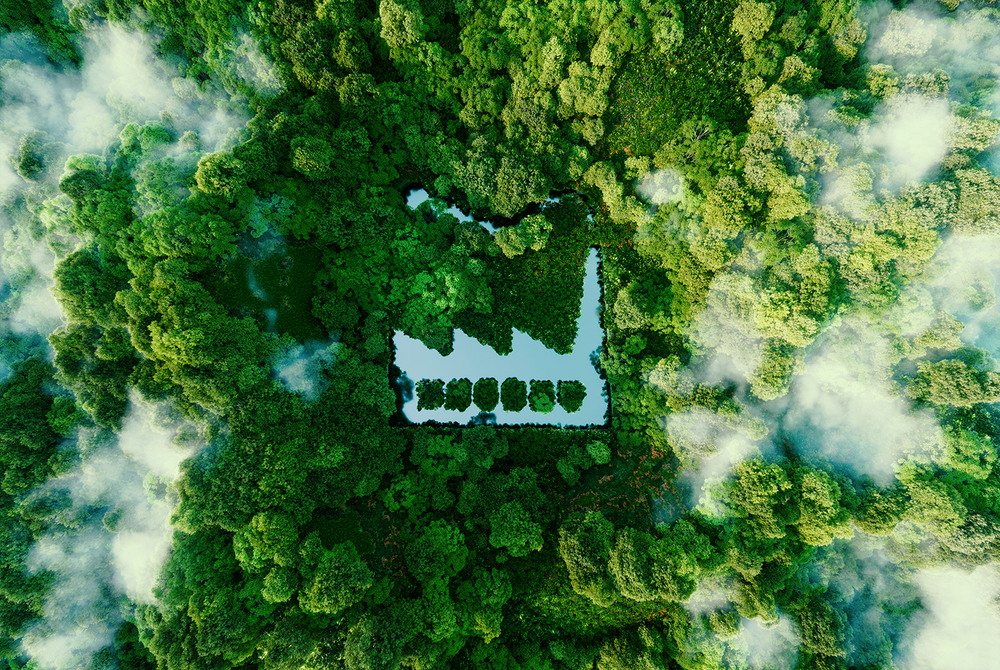Waste to Energy: Transforming Refuse Into Solid Fuel
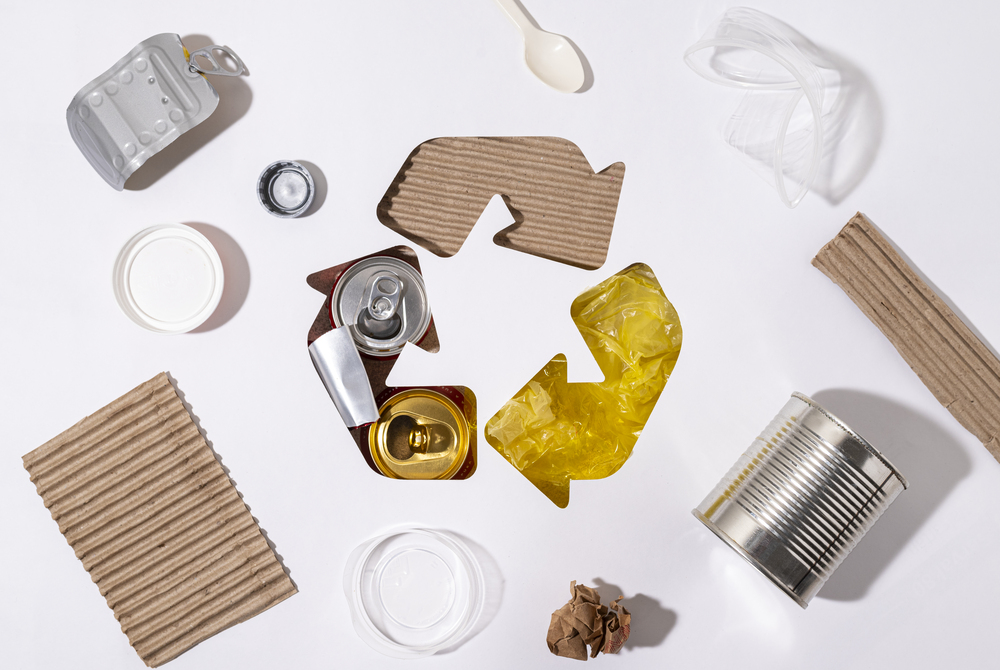
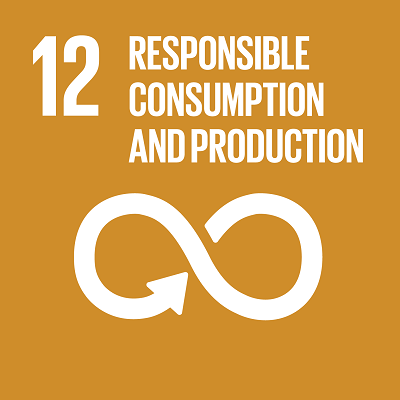
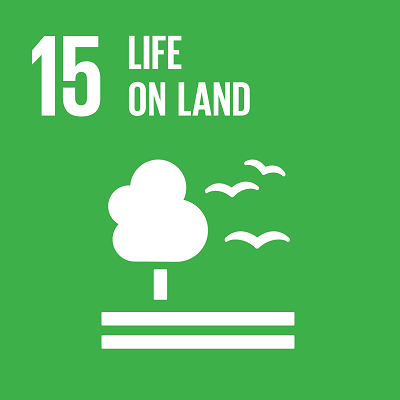
FIGP-Himeji Plant recycles and remanufactures waste PET bottles. However, the labels on PET bottles and containers made of non-PET materials cannot be processed and would produce polylactic acid (PLA) as a waste material, which used to be outsourced and incinerated as general industrial waste. In 2024, the plant sent waste PLA to waste management suppliers that remanufactured the waste into refuse-derived paper and plastics densified fuel (RPF), which lowered the cost of industrial waste treatment while delivering environmental benefits.
FIGP is adamant about ensuring the compliance of its suppliers’ waste conversion process. With proper treatment, the suppliers could sell the RPF for purposes such as boiler fuels in paper mills.
Between August 2024 and January 2025, a total of 248 metric tons of waste PLA were recycled, averting an estimated 100 tCO2e in carbon emissions per year and approximately NT$1.26 million in waste disposal costs.








